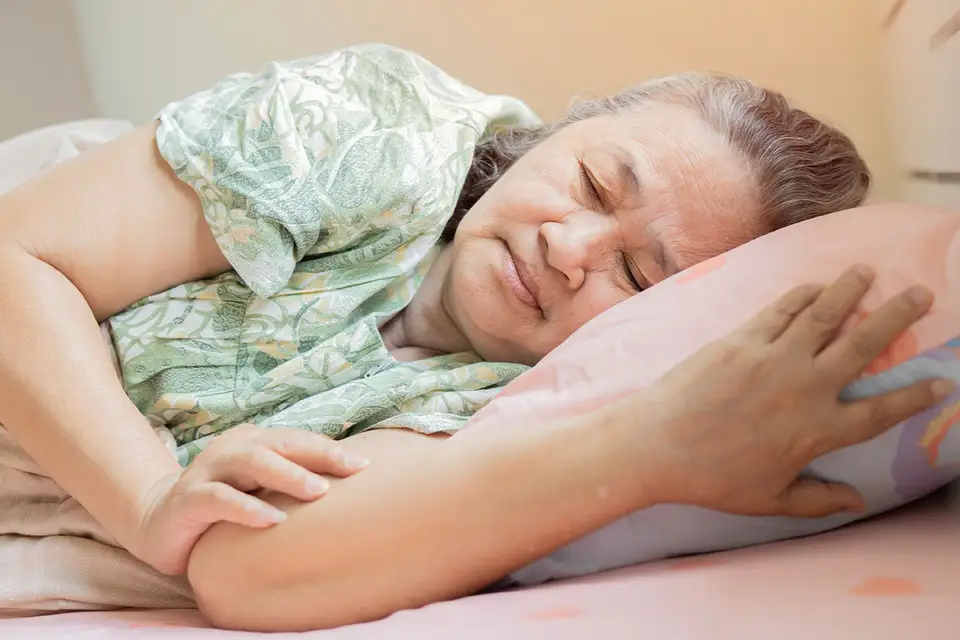Falls are a common concern among older adults, often leading to injuries that affect mobility and quality of life. A new long-term study suggests that sleep patterns may play a more significant role in fall risk than previously thought.
Recent findings highlight that the amount and quality of sleep can impact how likely a person is to experience repeated falls. This research focused on a large group of women and tracked their sleep habits alongside health outcomes related to falls and fractures.
What the Research Revealed
The study analyzed data from over 157,000 women who were part of a long-term health initiative. Their sleep patterns were closely examined, and they were observed for an average of 7.6 years to monitor falls and for 12 years to track fractures.
Researchers found that women who slept seven to eight hours per night had a 25% higher chance of experiencing repeated falls compared to those who slept between five and ten hours per night. This was an unexpected result, as seven to eight hours is typically considered a healthy sleep range.
To break it down:
- 10.6% of women sleeping more than 5 hours per night experienced recurrent falls.
- 7.0% of women sleeping 7 to 8 hours had repeated falls.
- 11.8% of those sleeping less than 10 hours faced similar issues.
These numbers show a clear variation in fall risk across different sleep durations.
Sleep Quality Matters
The research also pointed to poor sleep quality as a factor linked to fall risk. Women who reported insomnia, frequent disturbances during the night, or restless sleep had a greater chance of falling more than once.
Additionally, short sleep durations were associated with a higher risk of fractures, especially in the upper and lower limbs, as well as the central body area. Interestingly, this increased fracture risk did not extend to the hip, which is often a major concern in elderly fall cases.
Why These Findings Are Important
These findings suggest that not only the quantity but also the quality of sleep can influence the likelihood of falls and injuries. As people age, they may experience natural changes in sleep patterns, but persistent disturbances or inadequate rest could increase the risk of accidents.
The study highlights the need for individuals, especially older adults, to pay attention to their sleep habits as part of overall fall prevention efforts. Improving sleep hygiene and addressing sleep issues early may help lower the chances of injury.
What You Can Do
If you or someone you care for is struggling with poor sleep or frequent waking during the night, it may be worthwhile to seek support. Adopting healthy bedtime routines, staying active during the day, and managing stress are a few ways to support better sleep.
Final Advice
Always consult with your doctor or a healthcare professional before making any major changes to your diet, lifestyle, or medical routine. They can offer personalized advice based on your current health condition and medical history.
Note – If you have any health-related concerns, please call us at +91-9058577992 to receive free consultation from our experienced doctors. Thank you.
